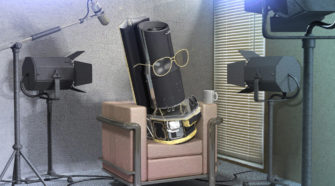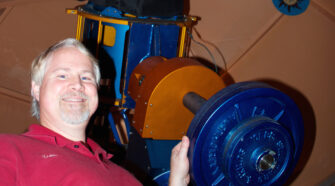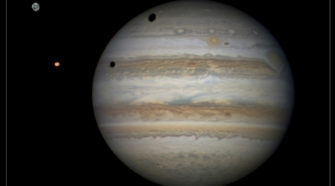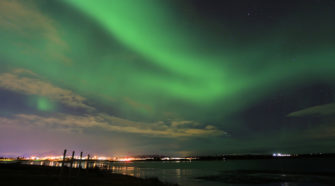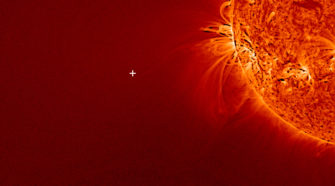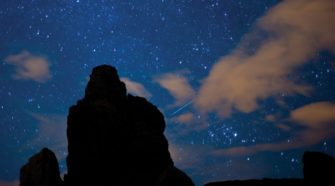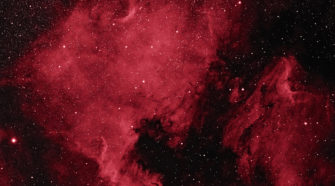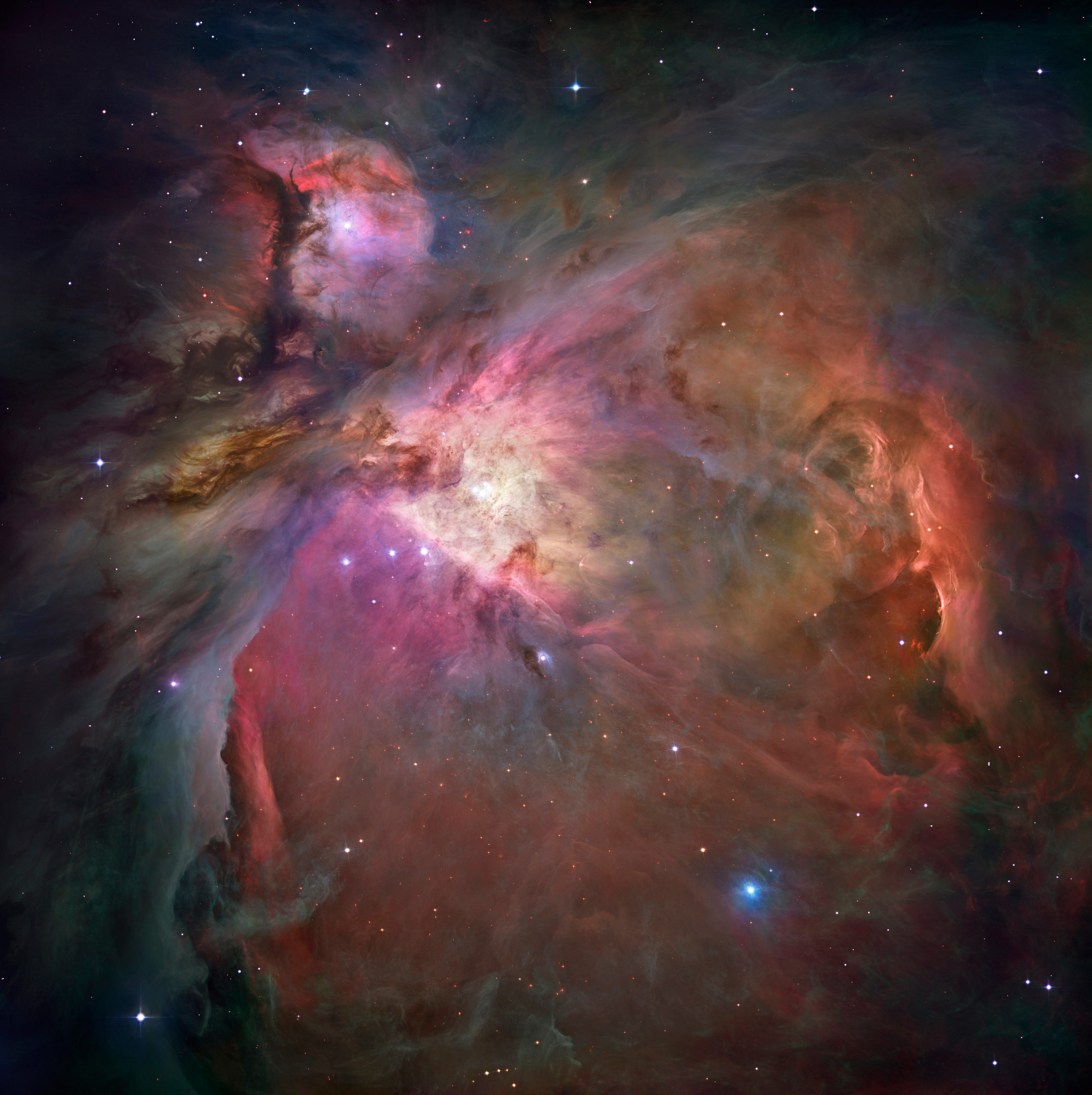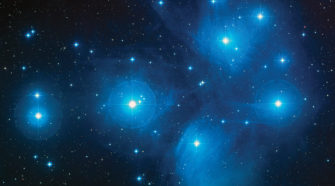Astronomy
Spitzer: Not a politician; Not a carbonated beverage
Most blog readers are no doubt familiar with the world of space telescopes. But have you ever gone to your friends and asked them what comes to mind when they hear the word “Spitzer?” Chances are, they will ask if you are referring to a certain politician… Or maybe a carbonated beverage. Now is the …
David Hearn takes outreach to new level with Kissimmee Park Observatory
Public outreach is an oft used and abused term nowadays, but I find it the wrong label for astronomy. In Astronomy we are reaching out for the stars! What is really meant in this context is knowledge sharing and encouraging people to raise their eyes to the stars. I found it somewhat depressing that a …
Jupiter: The Gas Giant
Of all the planets that orbit around our Sun there are two that are easily visible and are fascinating objects to view. These are, of course, Saturn and Jupiter. Of these Jupiter is prominent in our night skies at the moment. At magnitude -2.06 it is the third brightest thing in the sky after the …
The Auroras of Planet Earth
Nature has an uncanny knack of producing some of the most spectacular astronomical events we can witness, the likes of Solar eclipses, meteor showers and other phenomenon that never fail to impress. There is one event however, that once you witness it, it will be burnt into your memory and will stay with you for …
Comets are unpredictable beasts
The media was full of talk of comets with the inaugural visit of Comet ISON C/2012 S1. It was pre-hyped as being “The Comet of the Century”, being visible in daylight etc, etc. The reality of the matter is that comets are strange beasts and are rarely predictable unless they have been round a few …
Catch a falling star: Quadrantids ring in 2014
Falling stars, shooting stars and fireballs are all common names for meteors. ‘Catch a falling star and put it in your pocket’ was a number 1 song by Perry Como from 1957. The lyrics, of course, allude to meteors. To bring in the new year there is a regular meteor shower called the Quadrantids. This …
Cygnus the swan
Cygnus, The Swan, is a majestic and easy to identify constellation in the northern hemisphere. This is best viewed in summer and autumn when it rises overhead in the night skies. Cygnus is a great naked eye constellation with lots of detail and great objects within it as you start to use more powerful optical …
Orion The Hunter
The constellation Orion is an easily recognisable star grouping visible in the northern hemisphere in even the most light polluted skies. Orion is depicted in amy ways: as a hunter wielding a club and shield, brandishing a sword and shield, or clubbing a lion. These however are just visualisations interpreting a pattern in the stars. …
Astronomy: Guide to stargazing for students
Everyone at some time in their lives must have looked up at the stars in awe at the vastness of our home galaxy and the universe. This is the first step in your journey in the amazing world of astronomy. I am writing this series of articles as I found it very difficult to work …

